Nội Dung Chính
- 1 SPEAKING Look at the photo and the title of the article. What do you think the article is about?
- 2 Read the article and check your ideas.
- 3 Match the highlighted structures in the article with rules a-d in the Learn this! box below.
- 4 SPEAKING Work in pairs. Make predictions about your partner's future life using the prompts. Use will / may/might / could and phrases from the Learn this! box above. Your partner says if he / she agrees or not.
- 5 Study the examples in the Learn this! box below and complete the rules with the correct verbs and tenses.
- 6 Complete the article below with the correct form of the verbs in brackets. Use the first conditional. In gaps 4 and 6, use a modal verb to make the prediction less certain.
- 7 SPEAKING Work in pairs. Ask and answer using the first conditional and the ideas below.
(Page 38)
1 SPEAKING Look at the photo and the title of the article. What do you think the article is about?
2 Read the article and check your ideas.
BIO-PRINTING
It is already possible to 'print' three-dimensional objects out of plastic and metal using a 3-D printer. Now scientists are developing printers that will be able to print human organs and body parts. If they are successful, doctors could save millions of lives. At the moment, scientists are able to print human tissue and bone, but the printing of whole organs will probably be a reality by 2025. Doctors are certain that bio-printing will revolutionise the treatment of cancer and heart disease. Moreover, if we can produce organs such as hearts and kidneys, patients won't die while they're waiting for an organ donor. The technology is very expensive and the cost might not come down for a while. But when it does, bio-printing could play an important part in all our lives.
3 Match the highlighted structures in the article with rules a-d in the Learn this! box below.
LEARN THIS! Speculating and predicting
a We use will / won't to make predictions.
Scientists will find a cure for cancer.
b We can use phrases with will / won't to make the predictions stronger or weaker.
I'm (fairly) sure/Ithink/I don't think/I doubt scientists will find a cure for cancer.
Scientists will definitely/probably find a cure for cancer.
c We use may / might / could + infinitive without to to talk about possibility in the future.
Scientists may/might/could find a cure for cancer.
d We use may not / might not for the negative. We do not use could not.
→ Grammar Builder 3.1 page 118
4 SPEAKING Work in pairs. Make predictions about your partner's future life using the prompts. Use will / may/might / could and phrases from the Learn this! box above. Your partner says if he / she agrees or not.
1 What/study at university?
2 When/leave home?
3 What job/do?
4 When / get married?
5 How many children / have?
6 What type of car / drive?

I think you'll study maths at university.
No, I definitely won't study maths. I might study history.
5 Study the examples in the Learn this! box below and complete the rules with the correct verbs and tenses.
LEARN THIS! The first conditional
a We form the first conditional with the 1___________ in the if clause and 2 __________/ won't + infinitive without to in the main clause.
If I pass all my exams, I'll go to university.
b We can make predictions with the first conditional.
You'll cut yourself if you aren't careful with that knife.
c We can use may/3__________ / could in the main clause to make the prediction less certain.
You might cut yourself if you aren't careful.
→ Grammar Builder 3.2 page 118
6 Complete the article below with the correct form of the verbs in brackets. Use the first conditional. In gaps 4 and 6, use a modal verb to make the prediction less certain.
Some animals, like lizards and worms, have an amazing ability to grow new body parts if they lose them. Salamanders can grow new legs and some worms can re-grow every part of their body, including their head! If scientists 1__________ (can) discover how this happens, in theory it 2__________ (be) possible to re-grow human body parts too. Very few scientists are working on this problem now, but if governments 3__________(start) to spend more money on research, then this dream 4__________(become) a reality. Amazingly, some worms have no limit on lifespan, as they continually re-grow their bodies as they age. So if we 5__________(learn) to repair human limbs and organs, it 6__________ (be) possible to prevent us from dying. But that is a long way in the future.
7 SPEAKING Work in pairs. Ask and answer using the first conditional and the ideas below.
1 You feel ill tomorrow morning.
2 The weather is fine at the weekend.
3 You get poor marks in your next English test.
4 Your best friend forgets your birthday.
5 Your own ideas

What will you do if you feel ill tomorrow morning?
I'll visit the doctor. / I won't come to school.
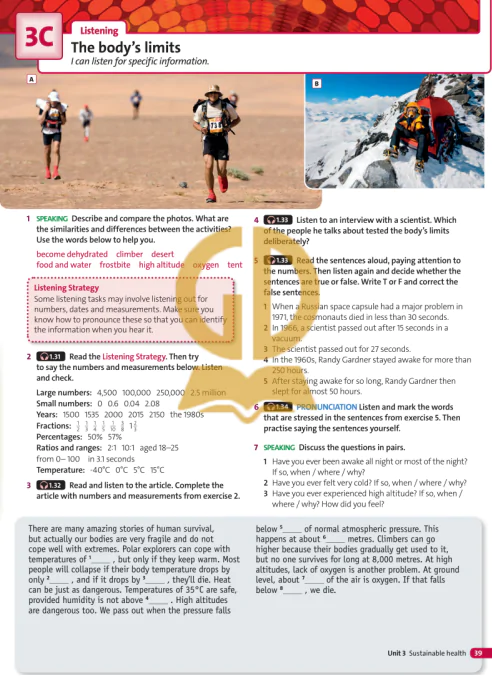
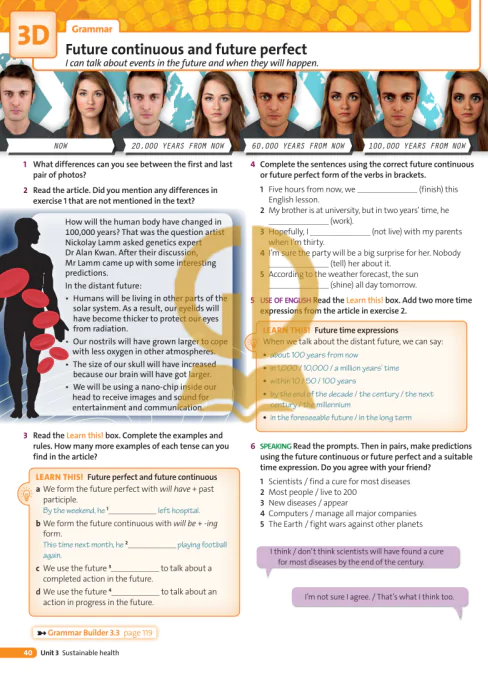
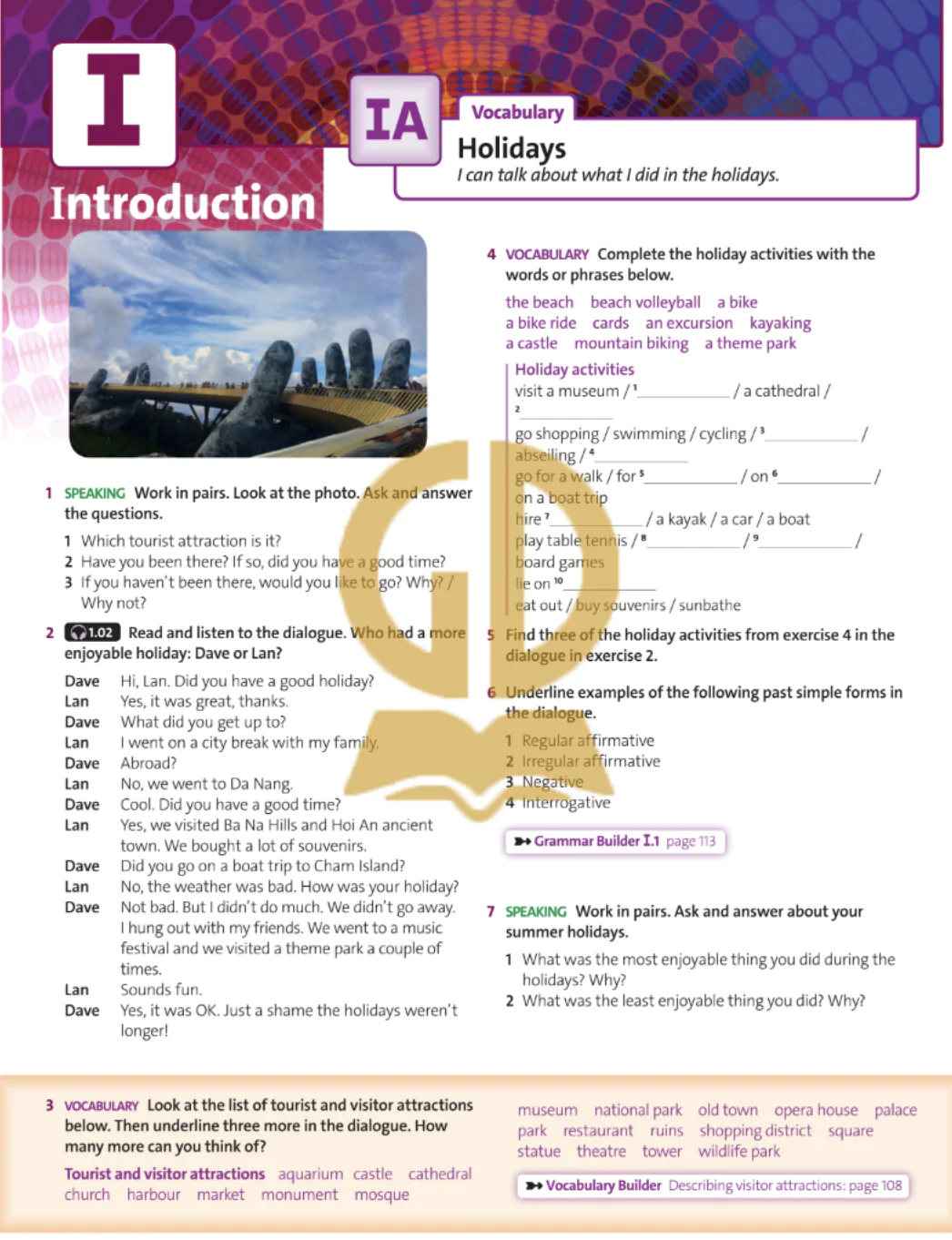
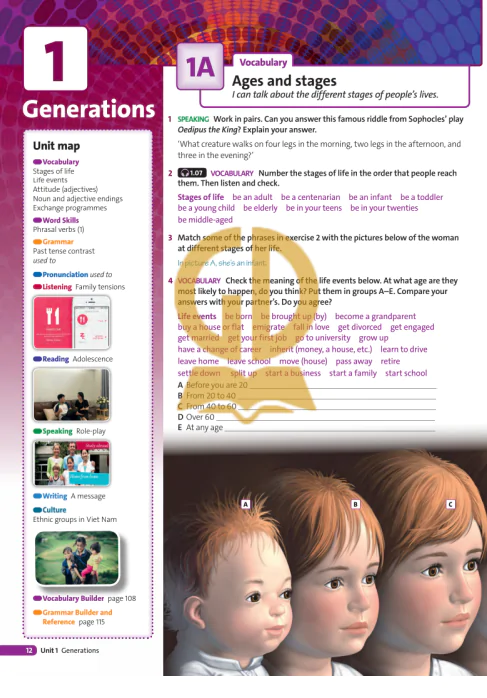
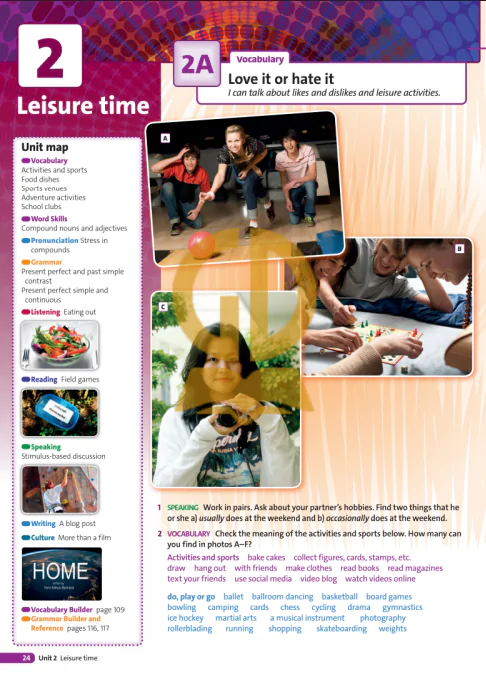
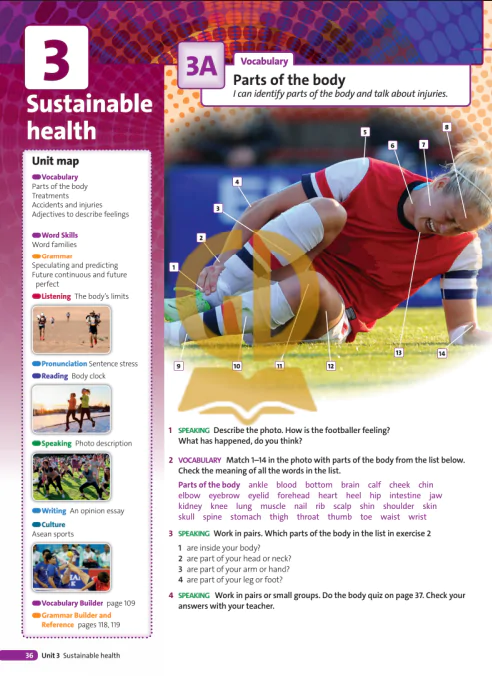
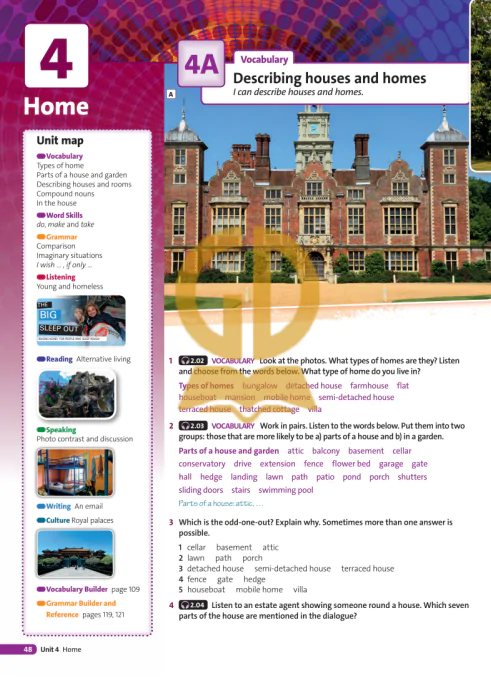
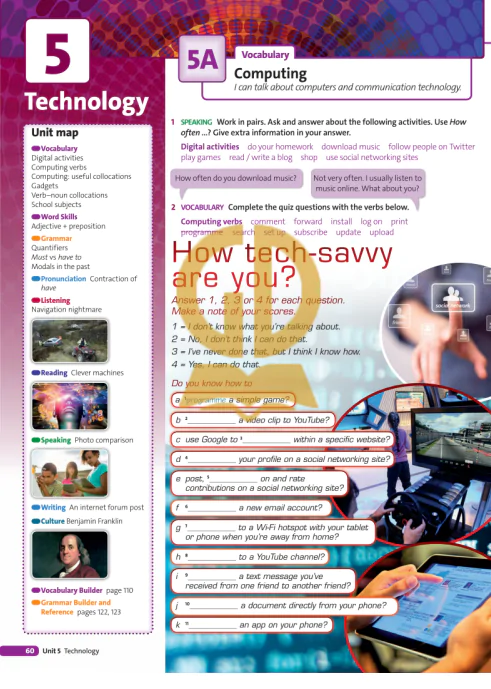


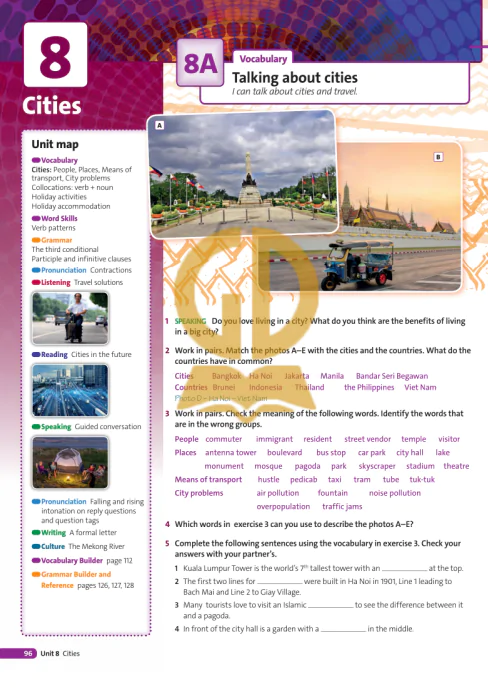
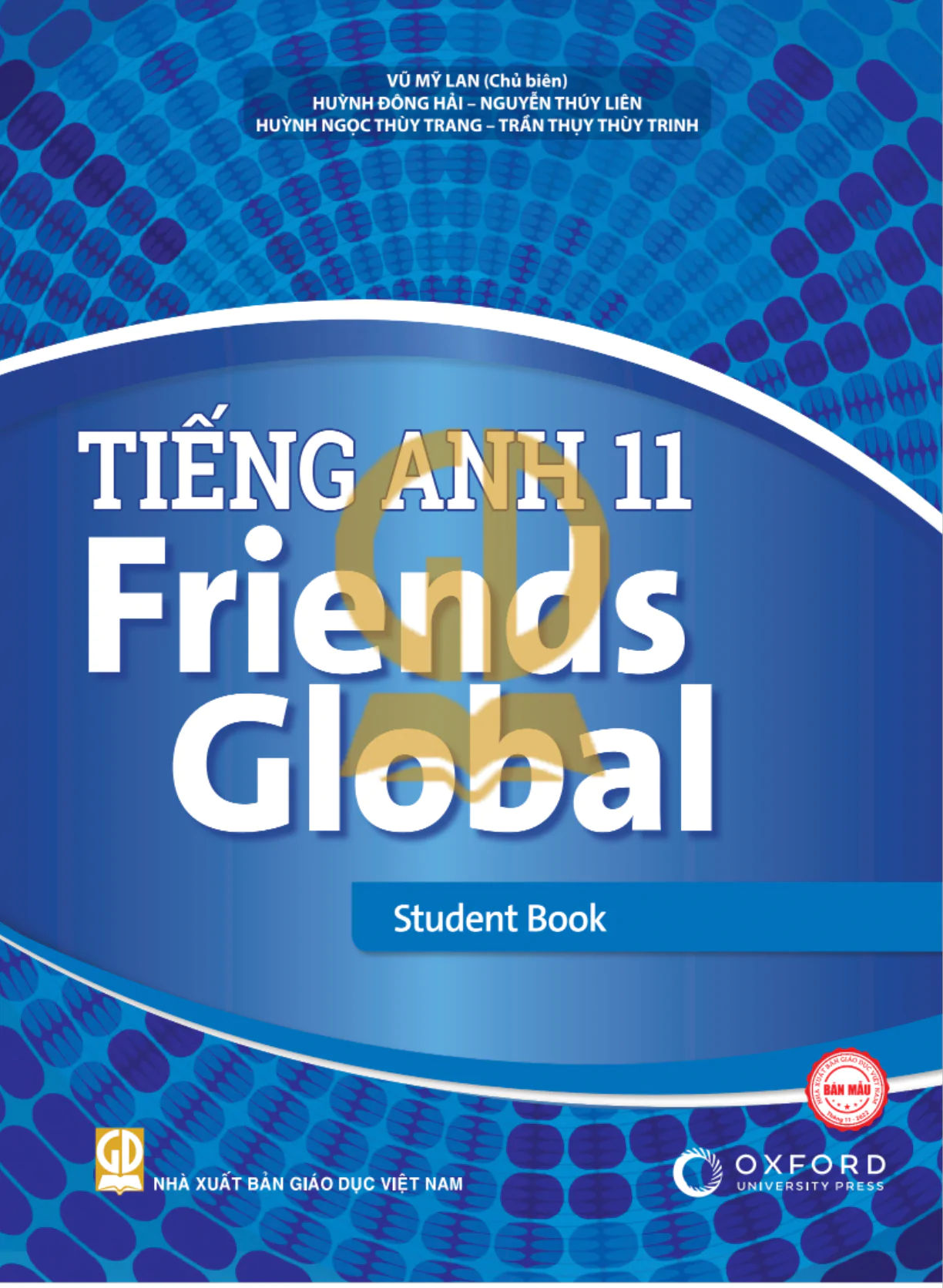
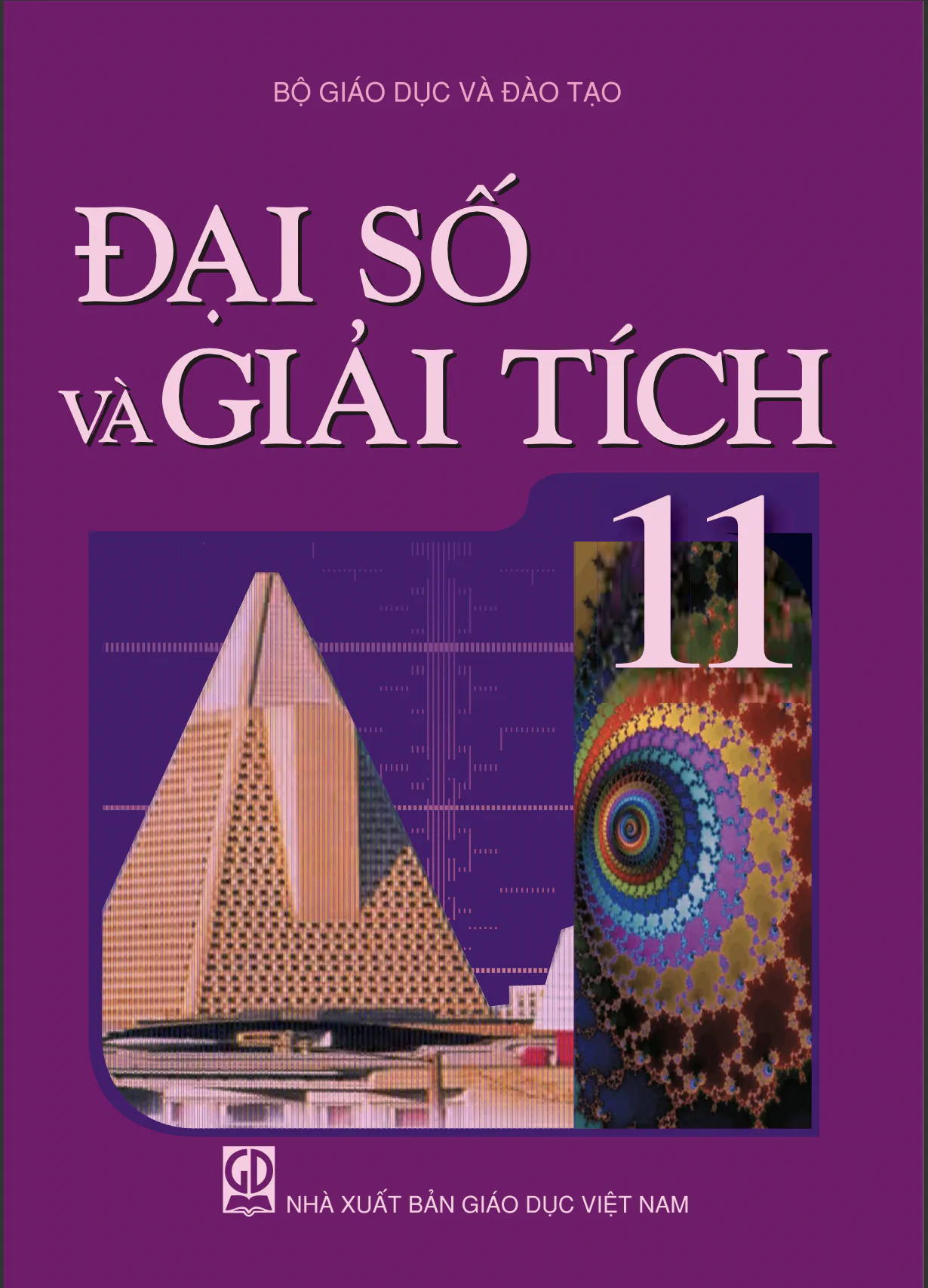

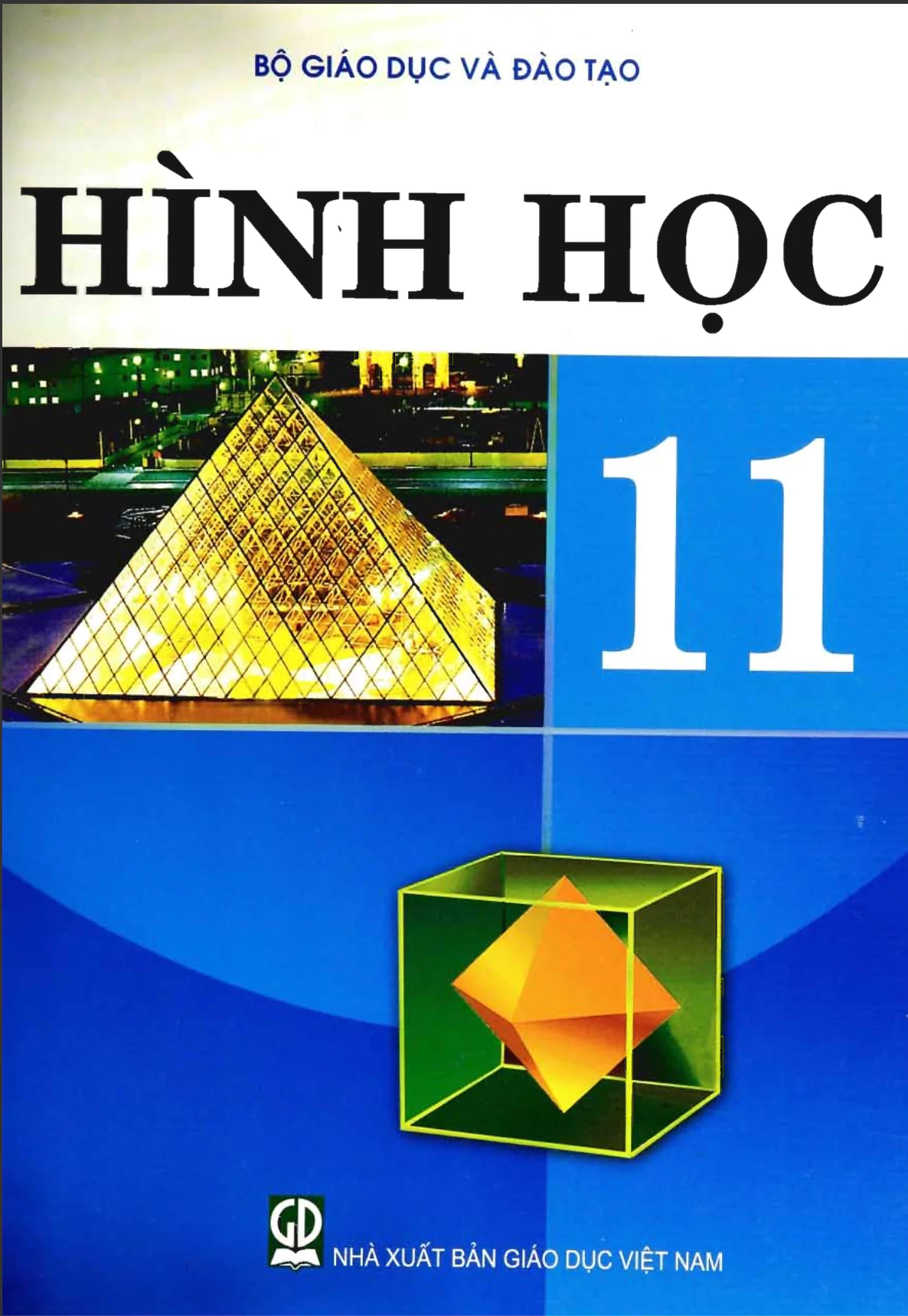
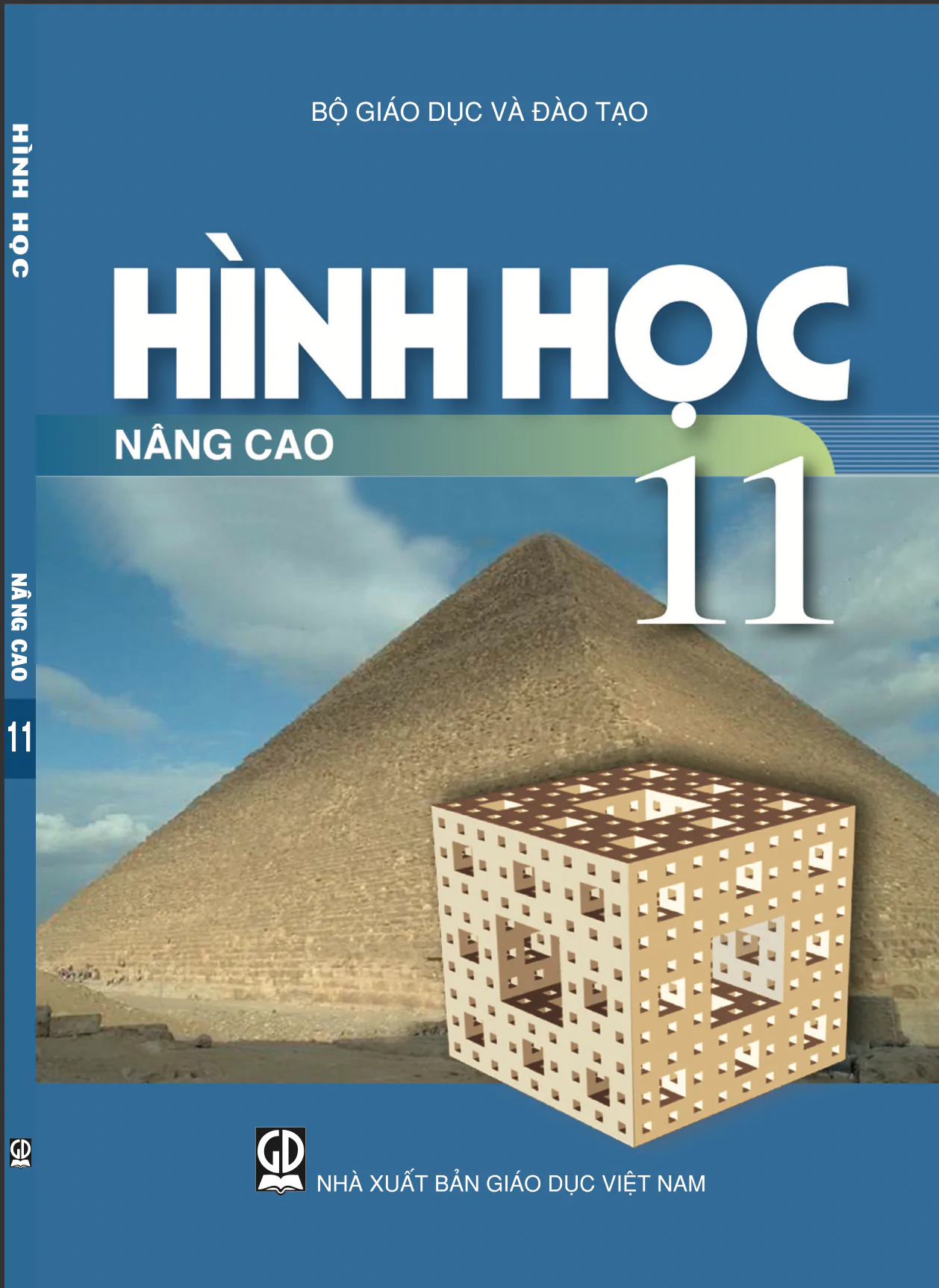
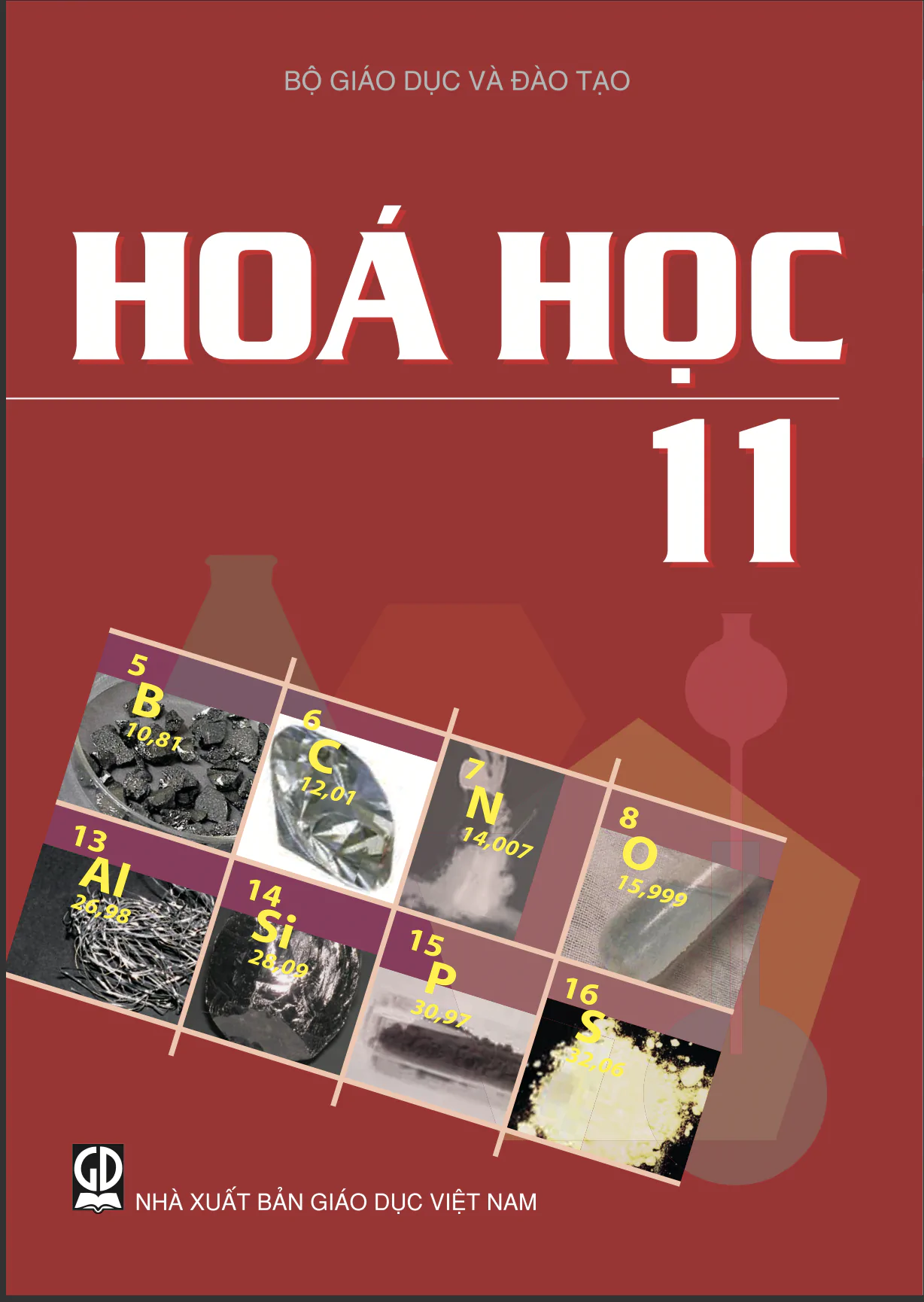
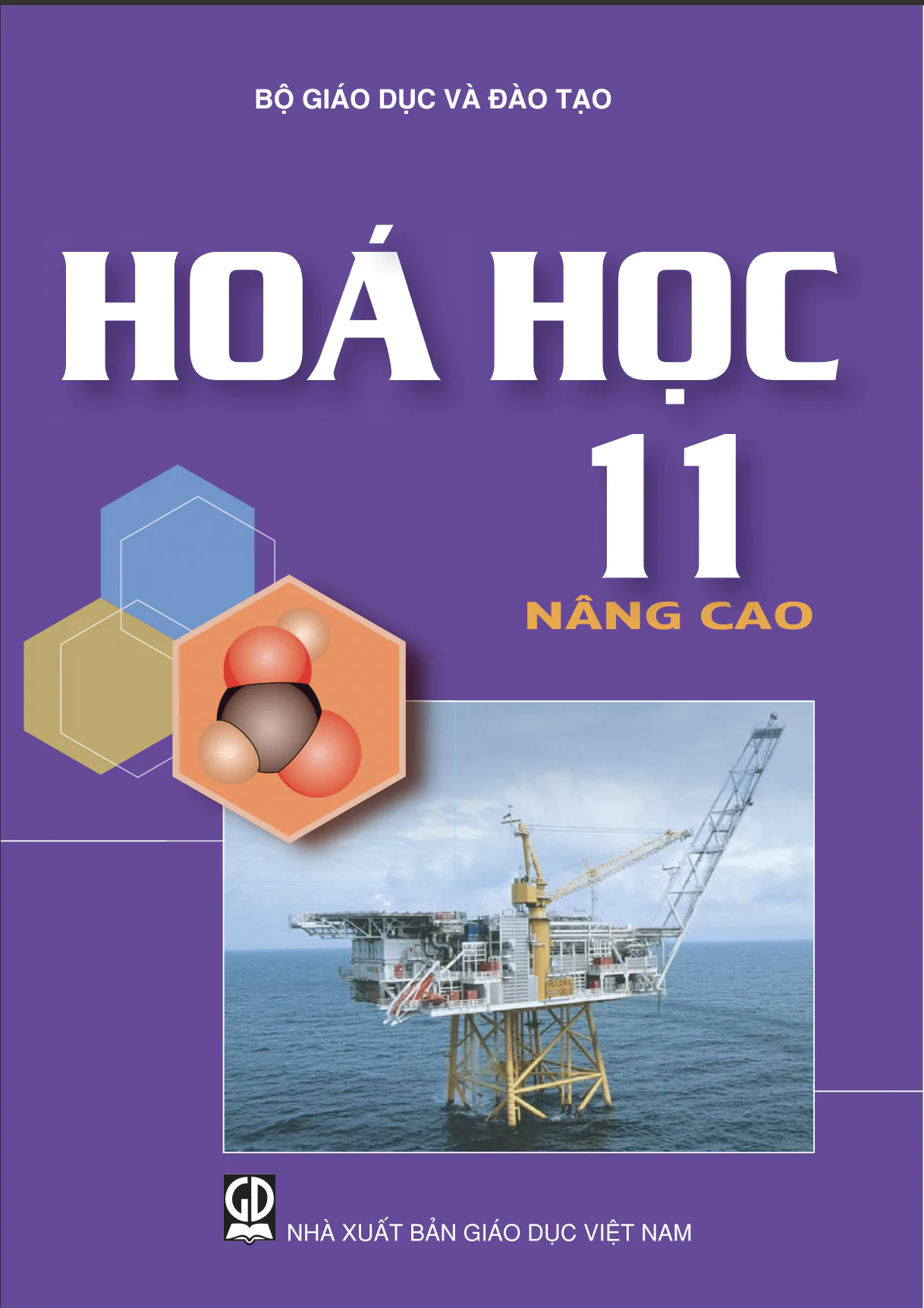
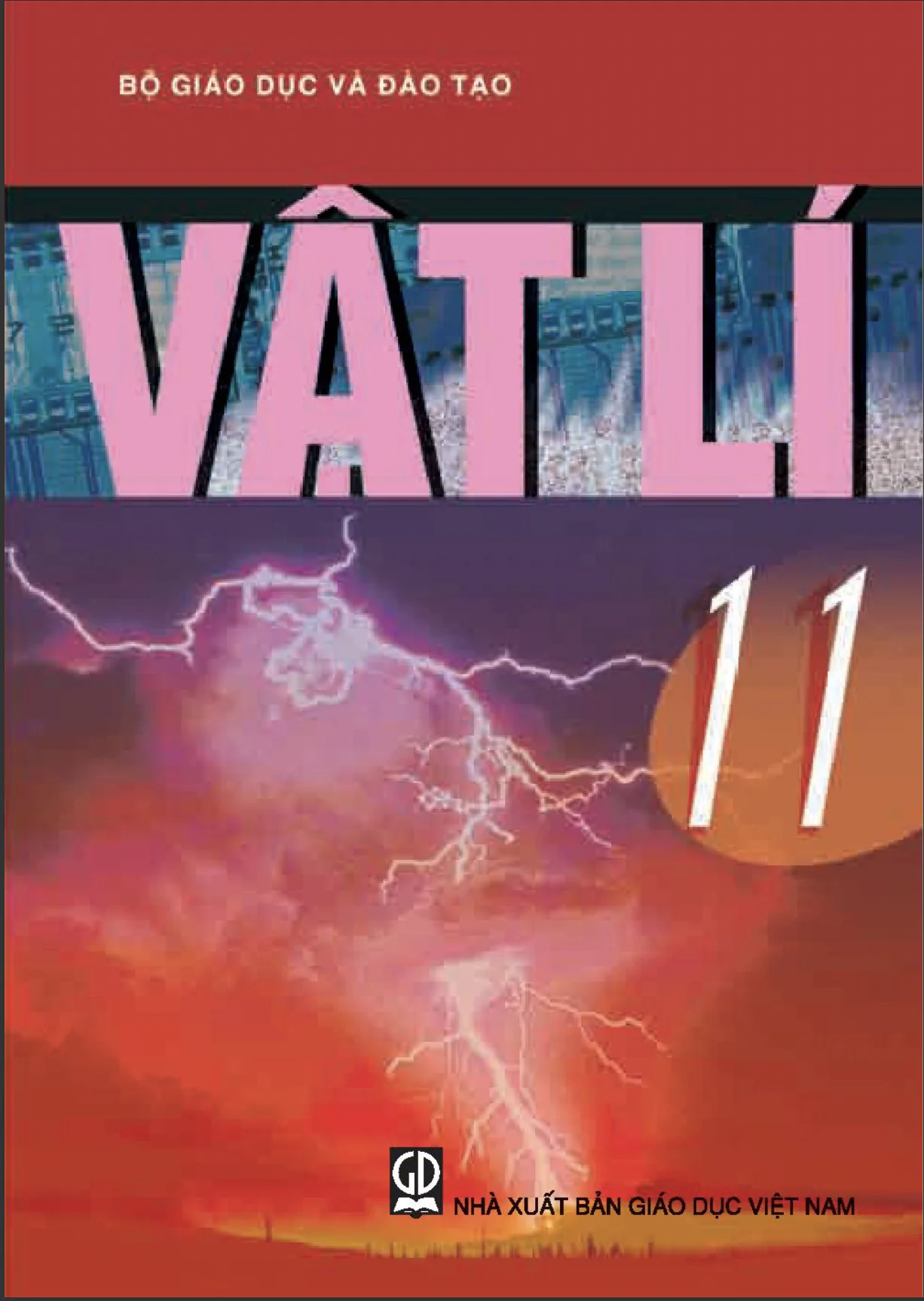
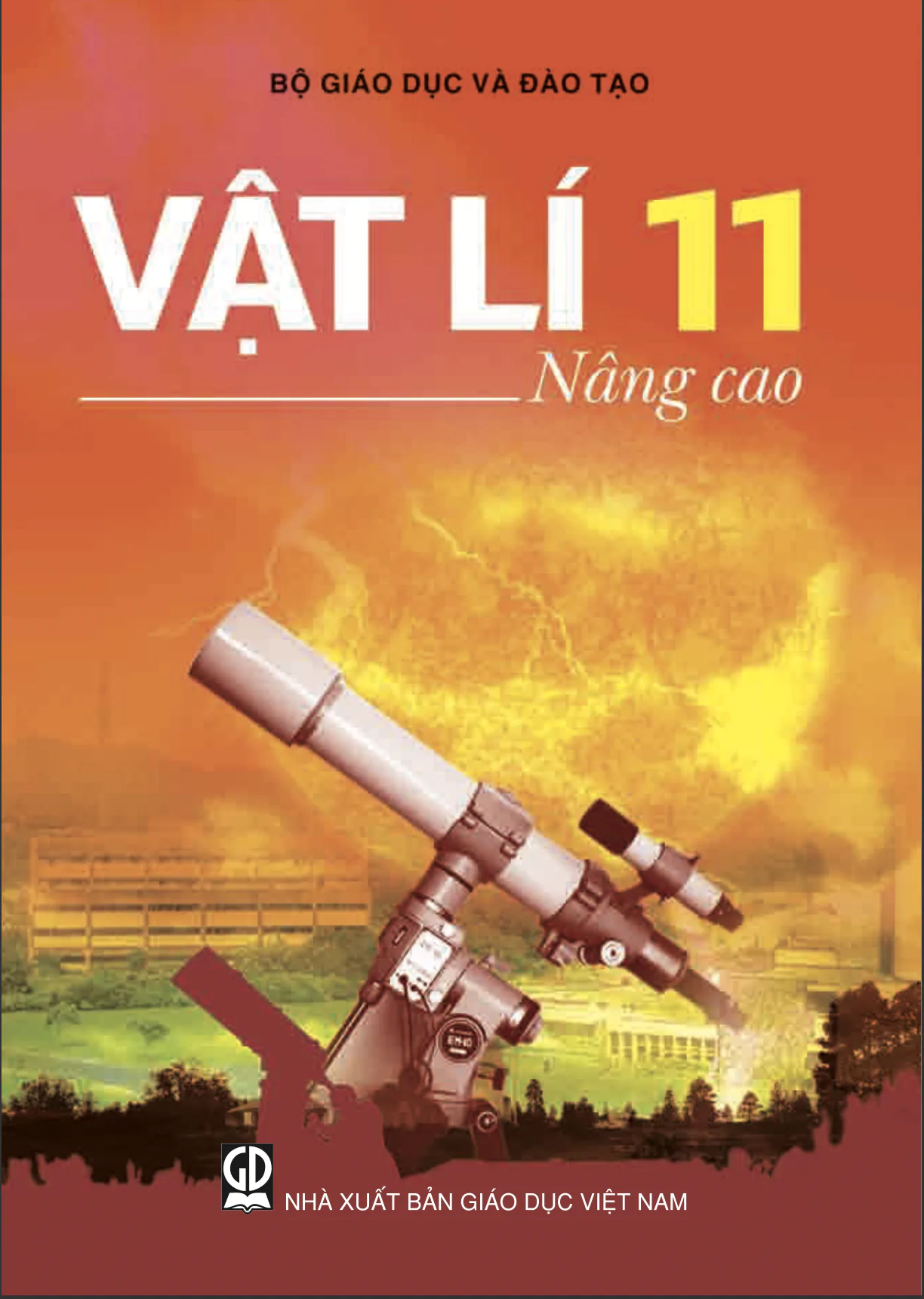
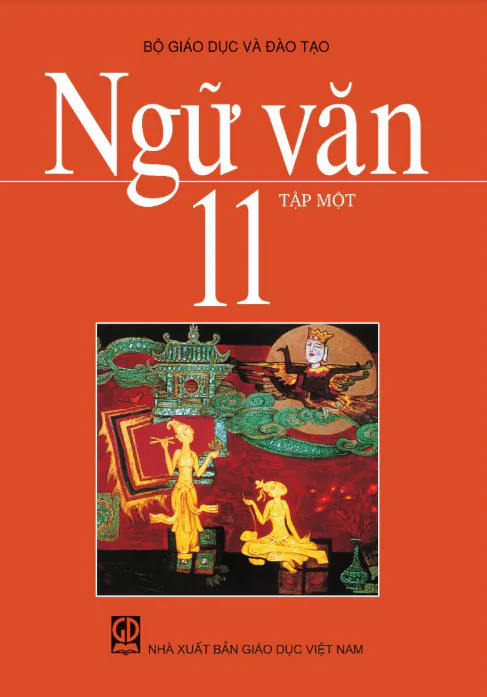
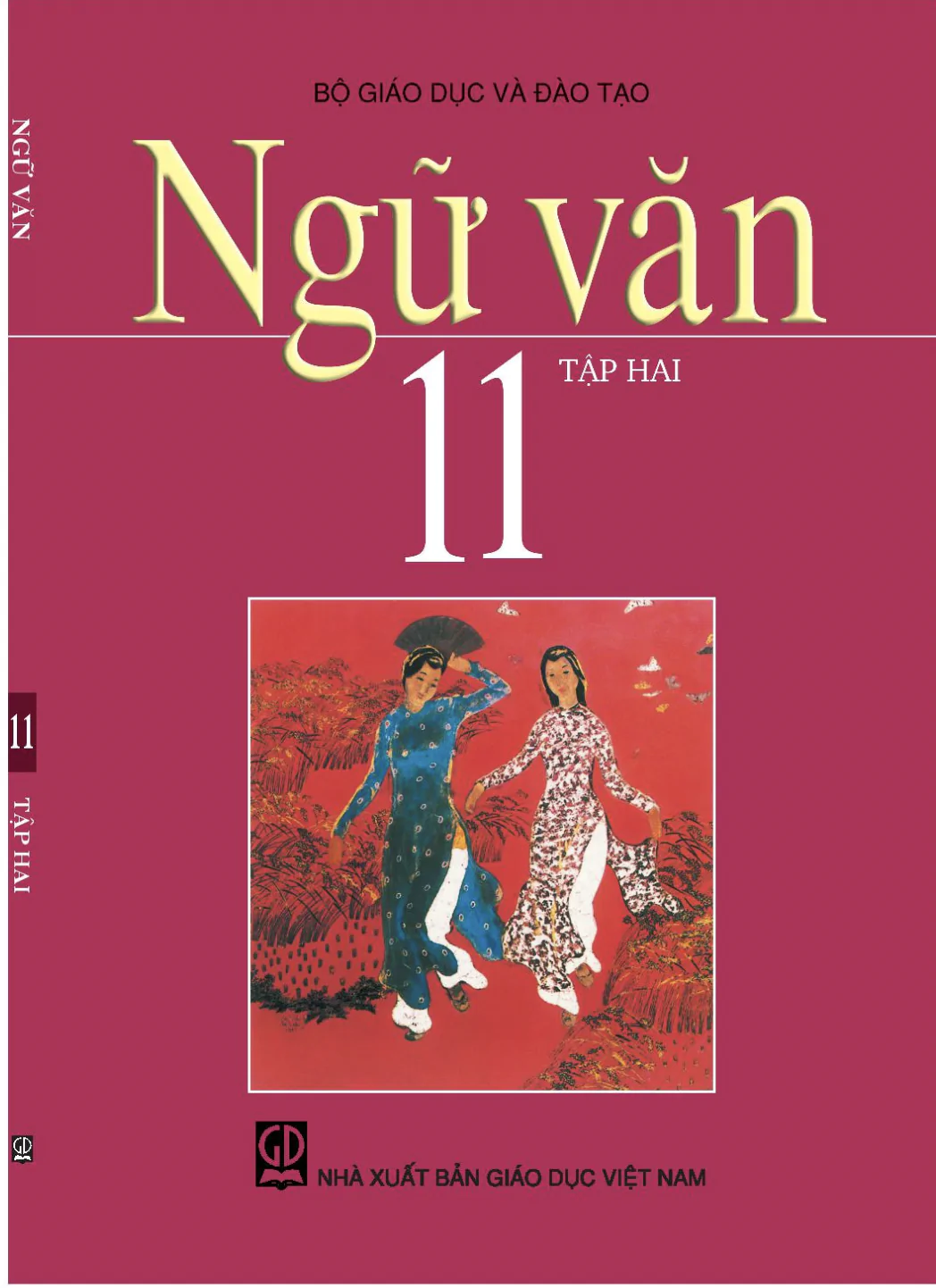


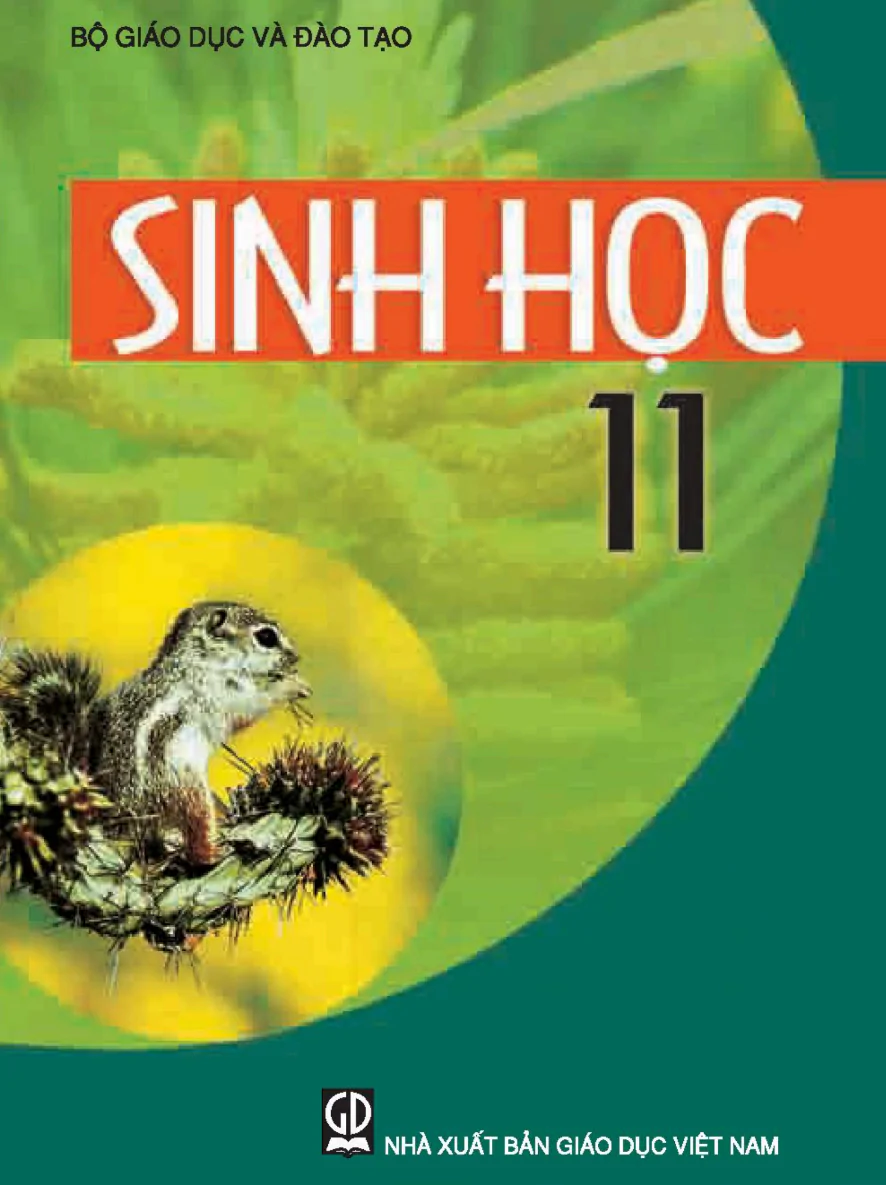
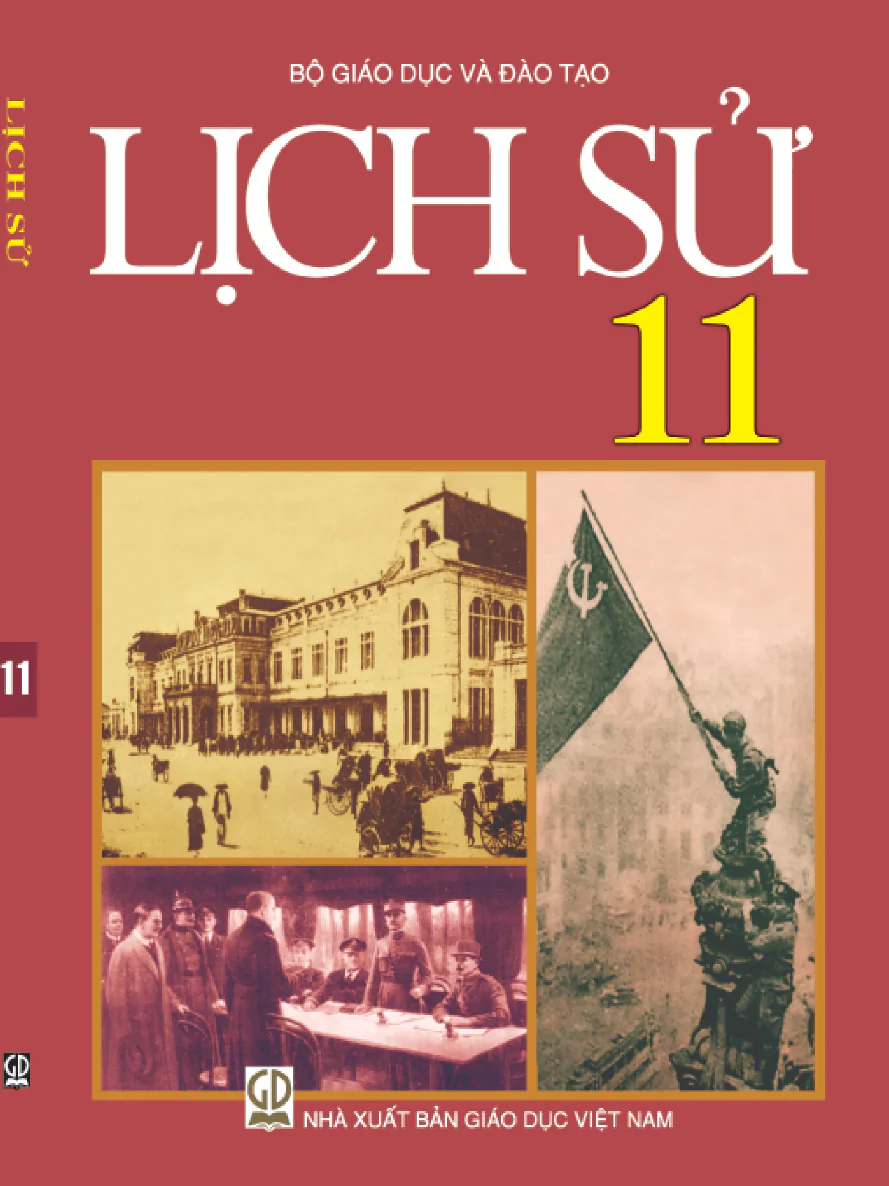

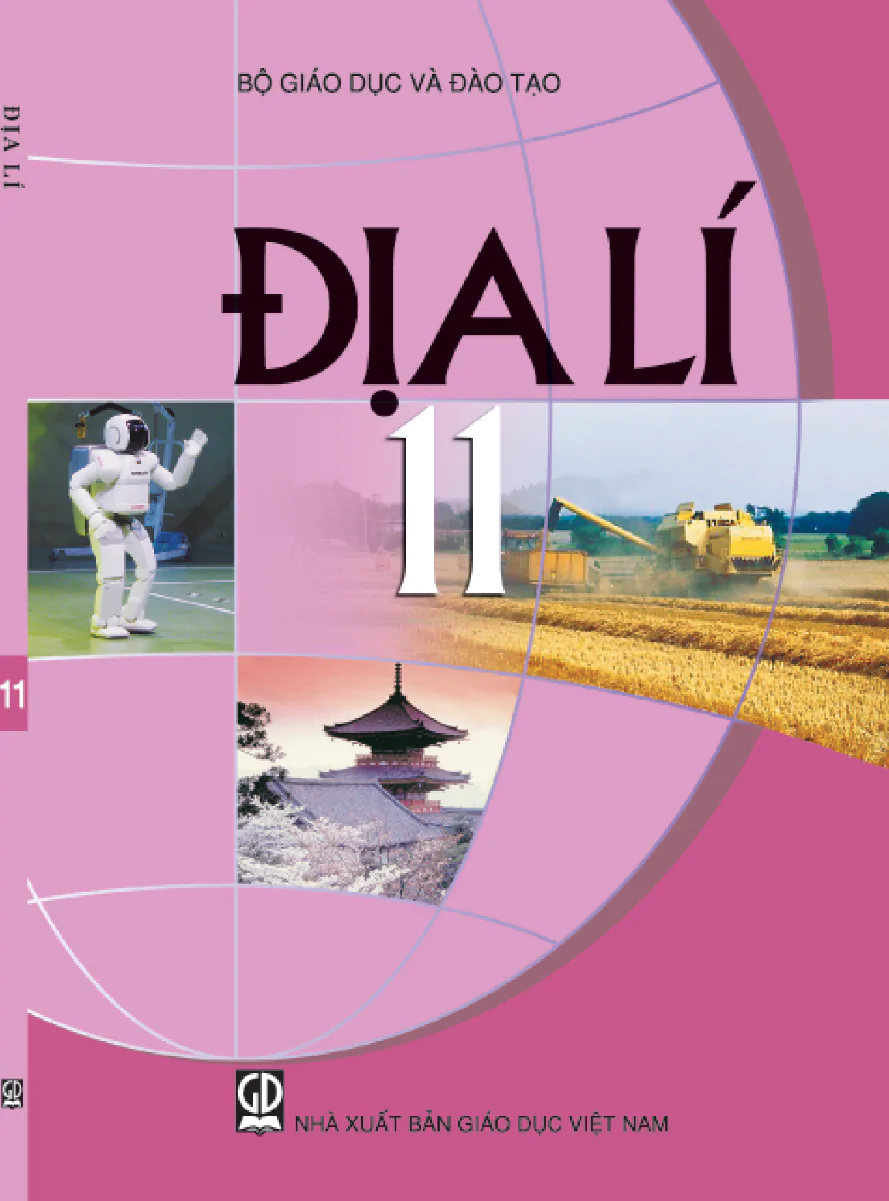
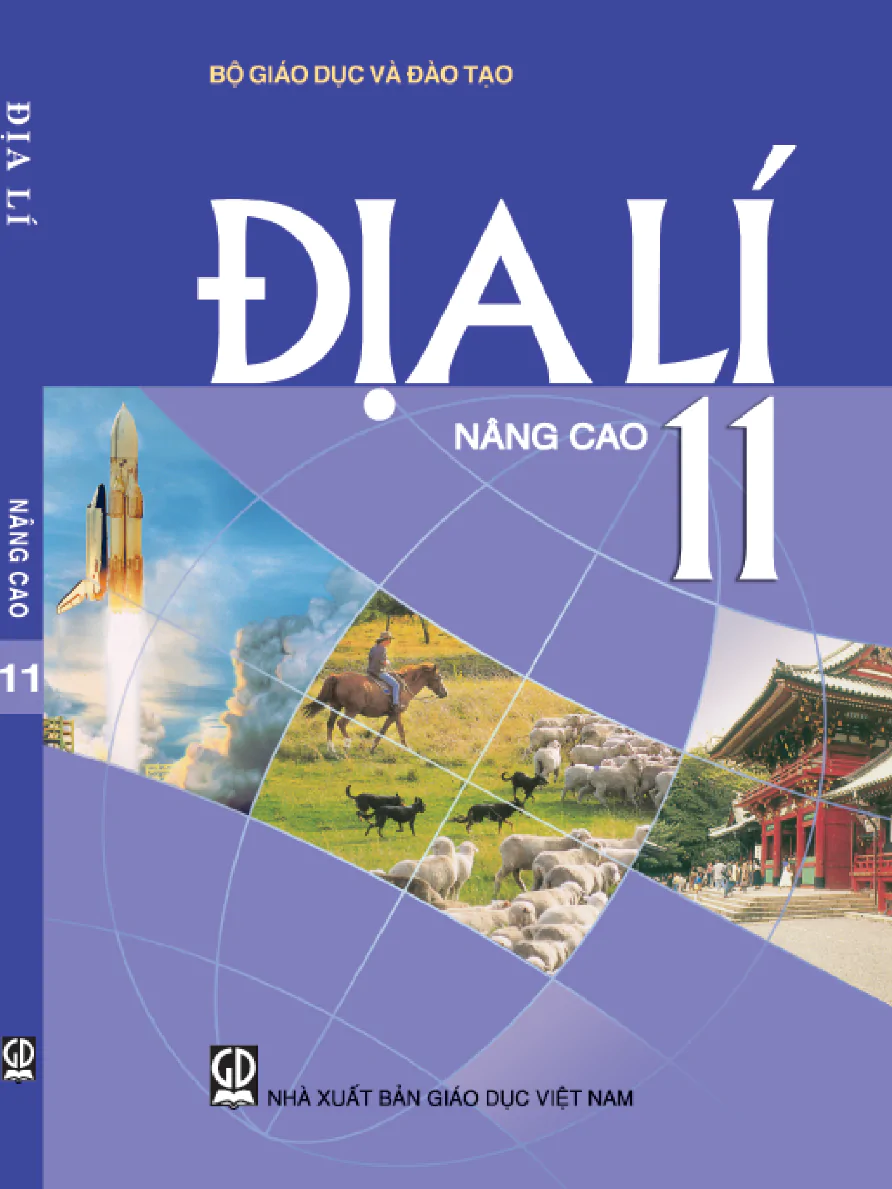
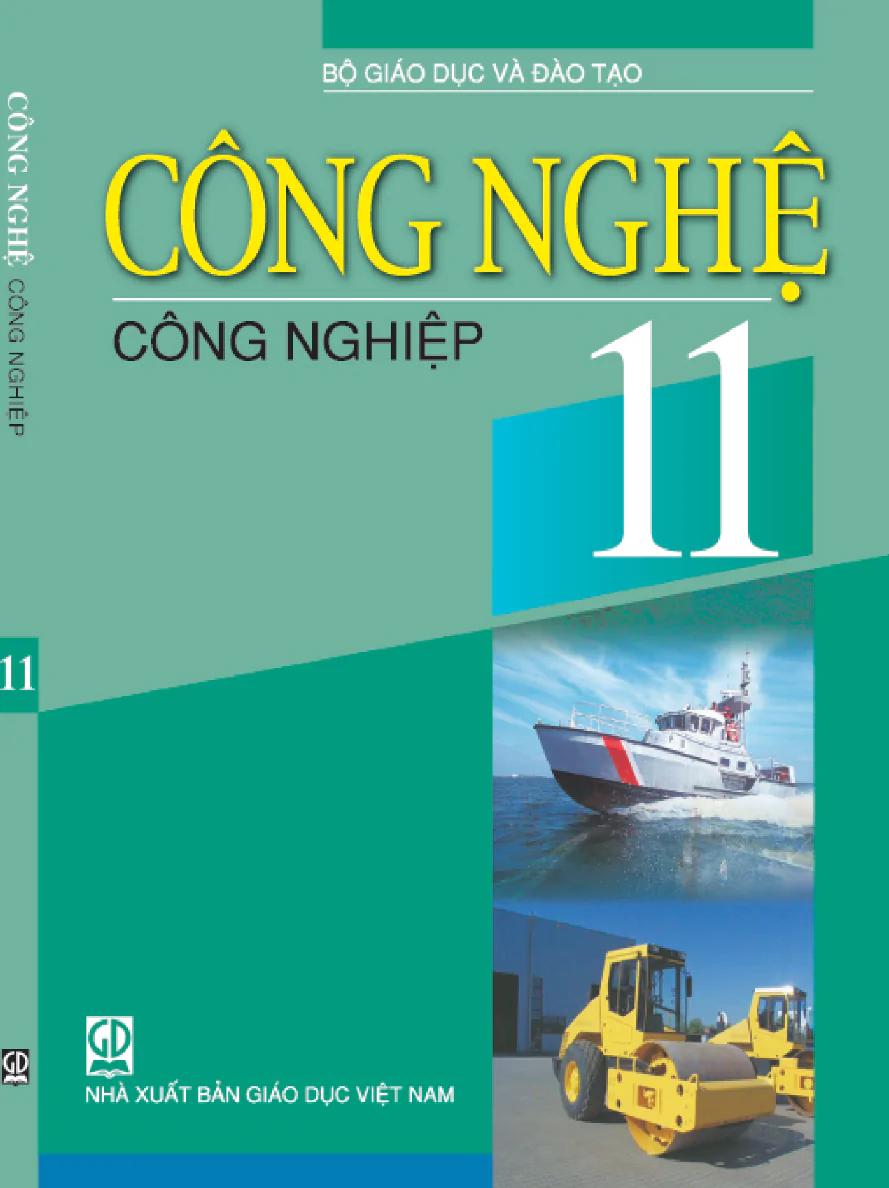
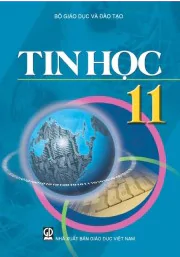
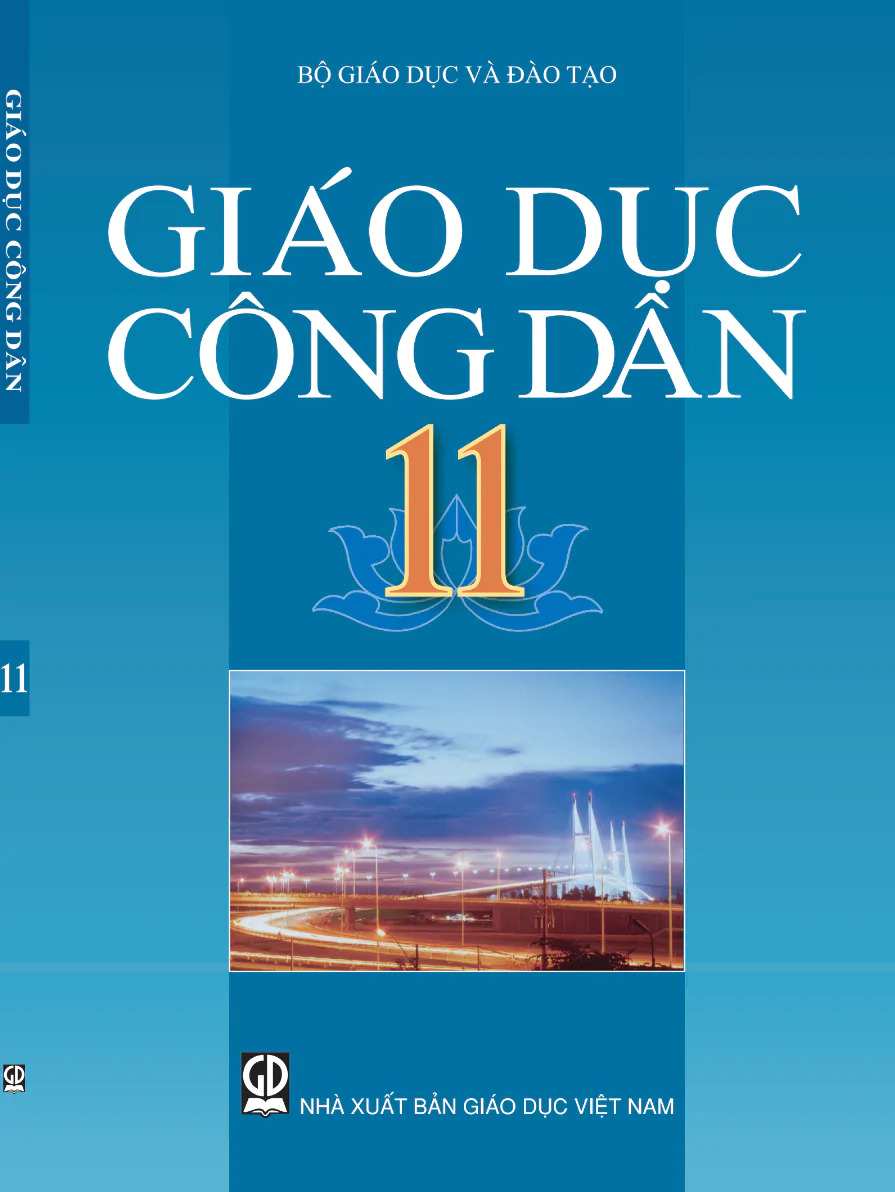
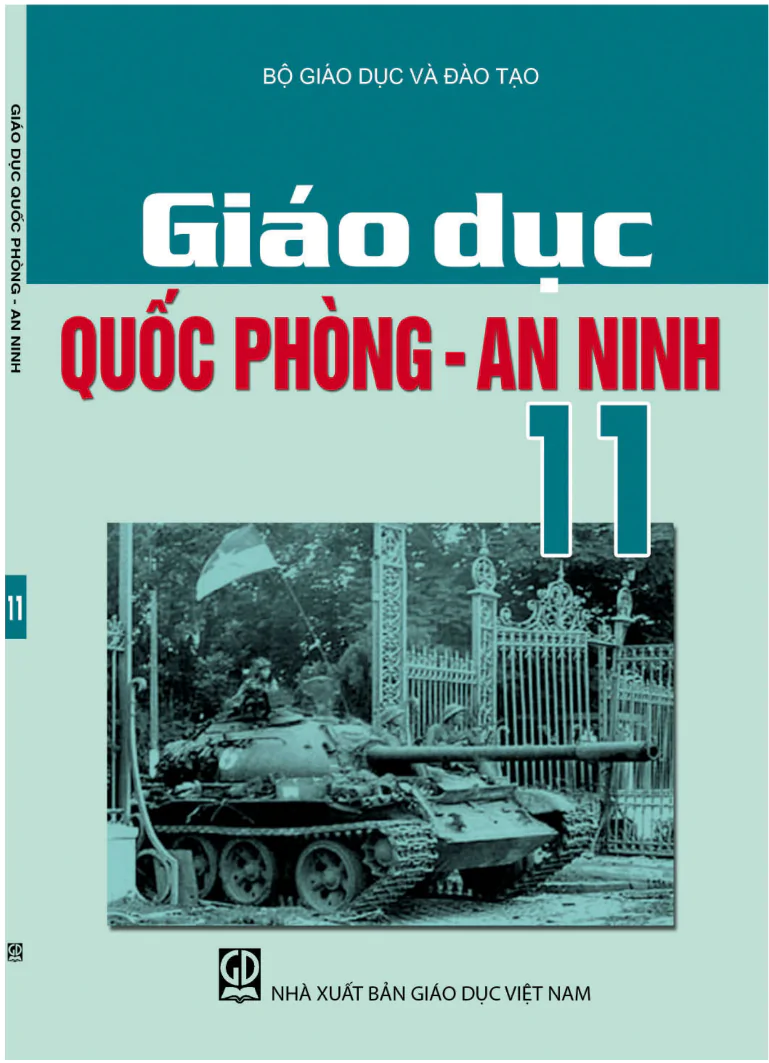

















Bình Luận
Để Lại Bình Luận Của Bạn